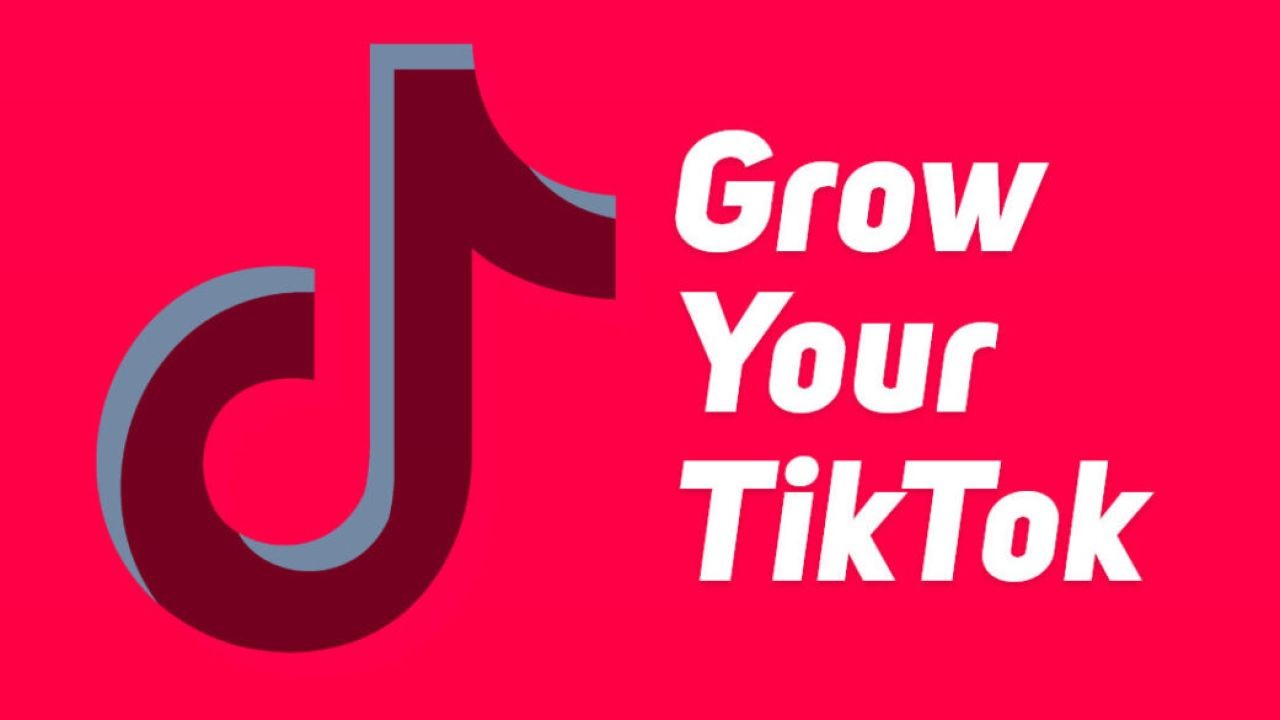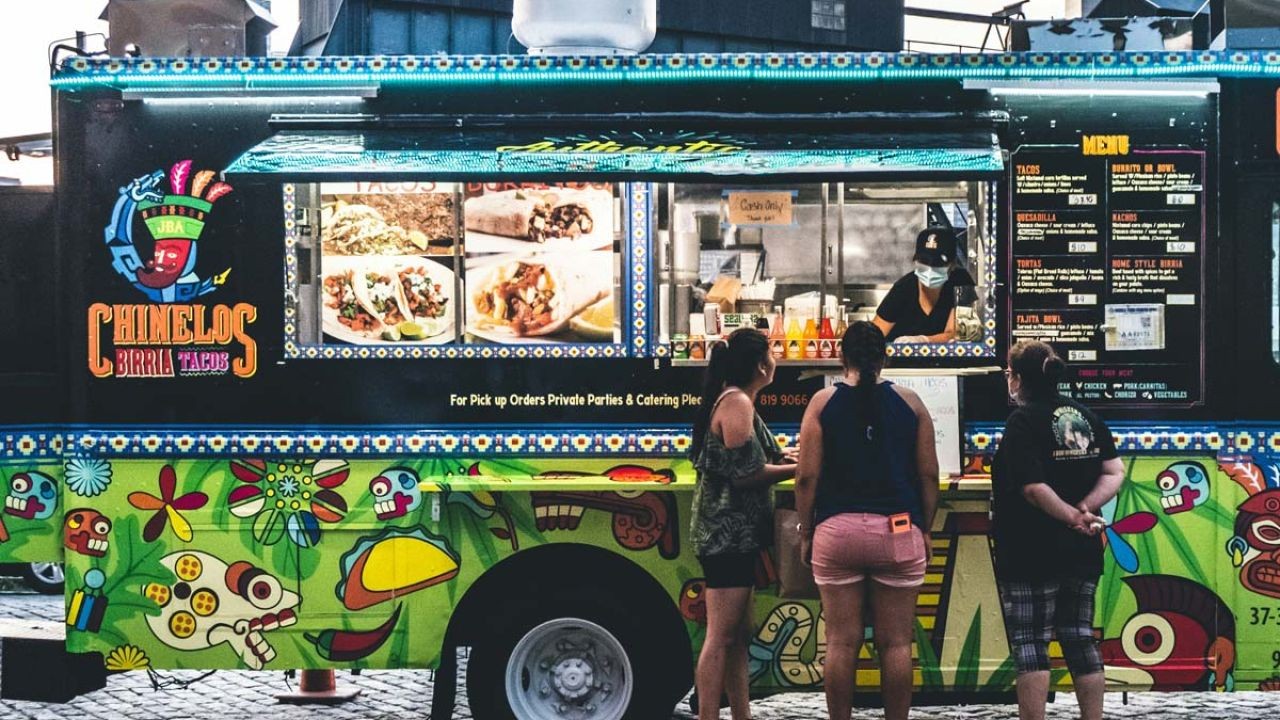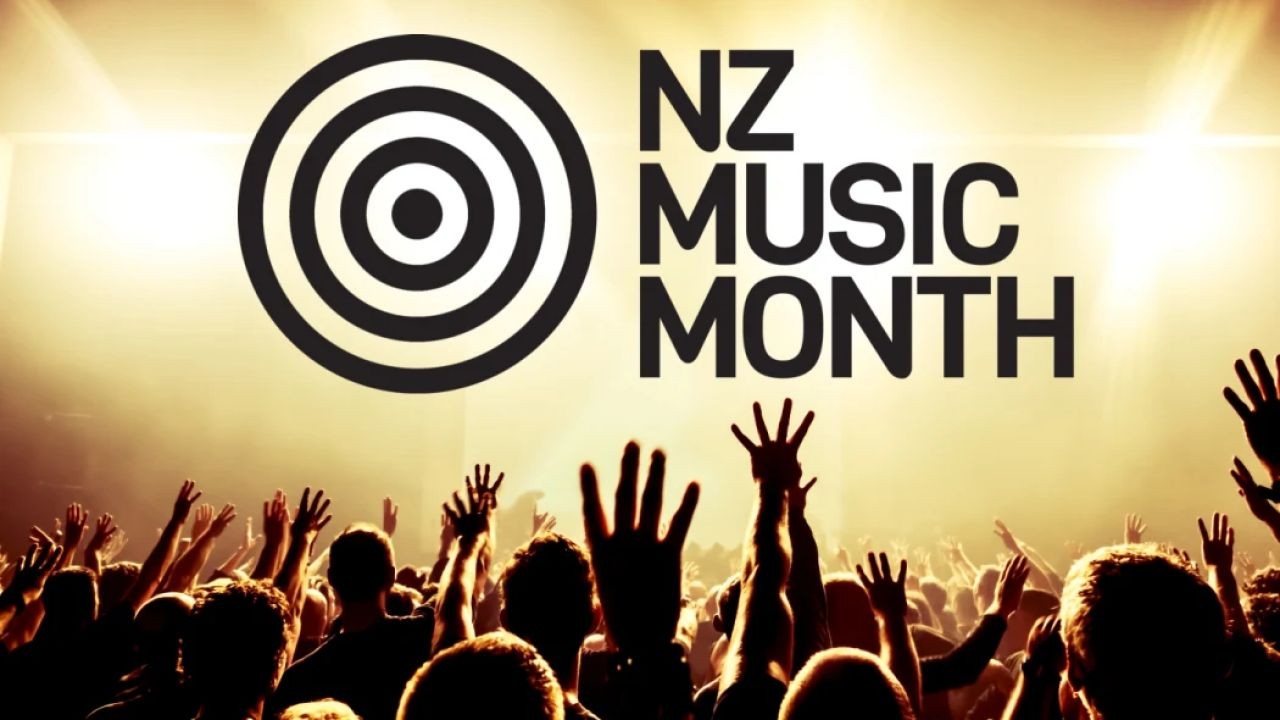Imagine a small café in Wellington, bustling with customers despite having no advertising budget. Its secret? The power of word-of-mouth. In New Zealand, where community ties run deep, word-of-mouth marketing can be the difference between a business that thrives and one that fades into obscurity.
While digital marketing strategies dominate the global landscape, New Zealand businesses continue to thrive on the age-old tradition of personal recommendations. A recent study by Stats NZ revealed that 72% of Kiwi consumers trust recommendations from friends and family more than any other form of advertising. This cultural preference underscores the unique dynamics within New Zealand's business environment.
The New Zealand Context: Why Word-of-Mouth Matters
New Zealand, with its tight-knit communities and emphasis on trust, provides a fertile ground for businesses relying on word-of-mouth. The Kiwi culture values authenticity and genuine interactions, making personal recommendations a powerful tool.
According to a 2023 report by NZ Business Insights, businesses utilizing word-of-mouth strategies reported a 55% higher customer retention rate compared to those relying solely on digital marketing. This trend is particularly evident in sectors like hospitality, retail, and local services, where personal interactions are paramount.
Case Study: The Wellington Café Phenomenon
Consider the case of a café in Wellington's bustling Cuba Street. Despite the competitive environment, this café has managed to draw a loyal customer base purely through word-of-mouth. By focusing on exceptional service, community engagement, and unique offerings, the café has achieved a 40% increase in revenues over two years.
Expert commentary from NZ Hospitality Association underscores this trend, highlighting how word-of-mouth can significantly impact small businesses in New Zealand. The café's success serves as a testament to the effectiveness of building strong community ties.
Data-Driven Insights: The Impact of Word-of-Mouth
Data from the Reserve Bank of New Zealand indicates that businesses leveraging word-of-mouth experience not only higher customer retention but also increased brand loyalty. This is further supported by Deloitte's 2022 survey, which found that 84% of New Zealand consumers are more likely to trust businesses recommended by someone they know.
These statistics reveal a clear advantage for Kiwi businesses: by fostering genuine relationships, they can tap into a sustainable and cost-effective marketing strategy.
Balanced Contrasting Viewpoints
While some argue that digital marketing offers more measurable outcomes, proponents of word-of-mouth highlight its authenticity and organic reach. The debate between digital vs. traditional marketing continues, yet the unique Kiwi context shows a clear preference for personal recommendations.
In a contrasting viewpoint, some experts caution that relying solely on word-of-mouth can limit a business's growth potential, especially in an increasingly digital world. However, the success stories of New Zealand businesses provide compelling evidence of its efficacy when combined with a robust customer experience.
Myths and Misconceptions
- Myth: "Word-of-mouth is outdated in the digital age." Reality: In New Zealand, personal recommendations remain a cornerstone of consumer trust, as shown by a 2023 survey from NZTech.
- Myth: "Only small businesses benefit from word-of-mouth." Reality: Large corporations, like Air New Zealand, have successfully leveraged word-of-mouth to enhance brand loyalty.
- Myth: "Word-of-mouth cannot be tracked or measured." Reality: Tools like referral tracking software provide insights into customer acquisition through personal recommendations.
Future Trends: The Evolution of Word-of-Mouth in New Zealand
As we look to the future, the integration of digital tools with traditional word-of-mouth strategies is expected to redefine business landscapes in New Zealand. Innovations like social media platforms and online review sites provide businesses with new avenues to amplify personal recommendations.
By 2026, experts predict a hybrid approach, where businesses will blend digital and traditional marketing to maximize reach and engagement. This evolution will likely see more Kiwi businesses thriving on a combination of personal connections and digital endorsements.
Conclusion
Word-of-mouth remains a powerful marketing tool in New Zealand, driven by cultural values of trust and community. Businesses that harness this strategy effectively can enjoy sustainable growth and strong customer loyalty.
Are you ready to leverage the power of word-of-mouth for your business? Share your thoughts and experiences in the comments below!
People Also Ask (FAQ)
- How does word-of-mouth impact businesses in New Zealand? NZ businesses leveraging word-of-mouth report 55% higher customer retention, according to NZ Business Insights. This strategy enhances engagement and revenue.
- What are the biggest misconceptions about word-of-mouth? One common myth is it's outdated. However, research from NZTech shows it remains a cornerstone of consumer trust.
- What are the best strategies for implementing word-of-mouth? Experts recommend starting with exceptional service, engaging the community, and ensuring genuine interactions for success.
Related Search Queries
- word-of-mouth marketing success stories
- how to boost word-of-mouth for small businesses
- importance of word-of-mouth in New Zealand
- word-of-mouth vs digital marketing
- future of word-of-mouth marketing in NZ
































FranciscoJ
11 months ago